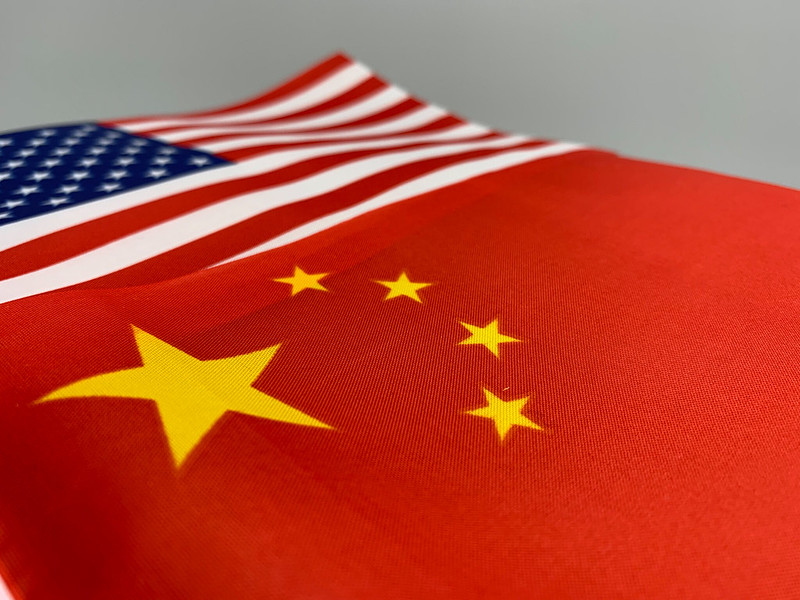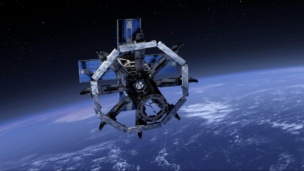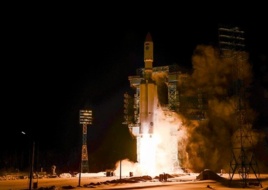The US and China are locked in an increasingly precarious competition for supremacy in space.
Both nations are building out fleets of military and commercial satellites with next-generation capabilities and jockeying to win the race back to the Moon, but this competition, if left unchecked, runs the risk of devolving into conflict.
The next president should engage with China and form lines of communication to avoid future clashes in space, Audrey Schaffer and Kari A. Bingen, experts at the Center for Strategic and International Studies (CSIS), argued in a paper released yesterday.
“Developing mutual understandings and two-way communications requires participation from both sides to be meaningful. China must come to the table, and the next administration should invite them,” Bingen and Schaffer said.
Bingen and Schaffer recommend that the next administration should use talks to:
- develop basic guidelines for what to do if satellites are on a collision course.
- agree on guardrails for space warfare to avoid conflicts that increase space debris.
- form principles for a peaceful and prosperous coexistence on the Moon.
No simple task: The US is rapidly building up its defense posture in space with the proliferated warfighter space architecture. Meanwhile, China has launched hundreds of military satellites in the past decade and advanced its counter-space capabilities, which could reduce American combat power in a future conflict.
“The pace with which they put counterspace capabilities into play is mind-boggling,” Chief of Space Operations Gen. Chance Saltzman told Politico. “The volume of threats, the diversity of threats that [China] is presenting is a particular challenge.”
Both nations have demonstrated their anti-satellite capabilities in the past, and without lines of communication there’s a heightened risk that a conflict could arise from a simple miscommunication or misunderstanding of one another’s activities in space.
However, getting China to the table may be easier said than done. As CSIS acknowledges, China and Russia have consistently blocked the UN’s progress on reducing space threats, and prior administrations have tried and failed to engage the Chinese on space-related topics.





